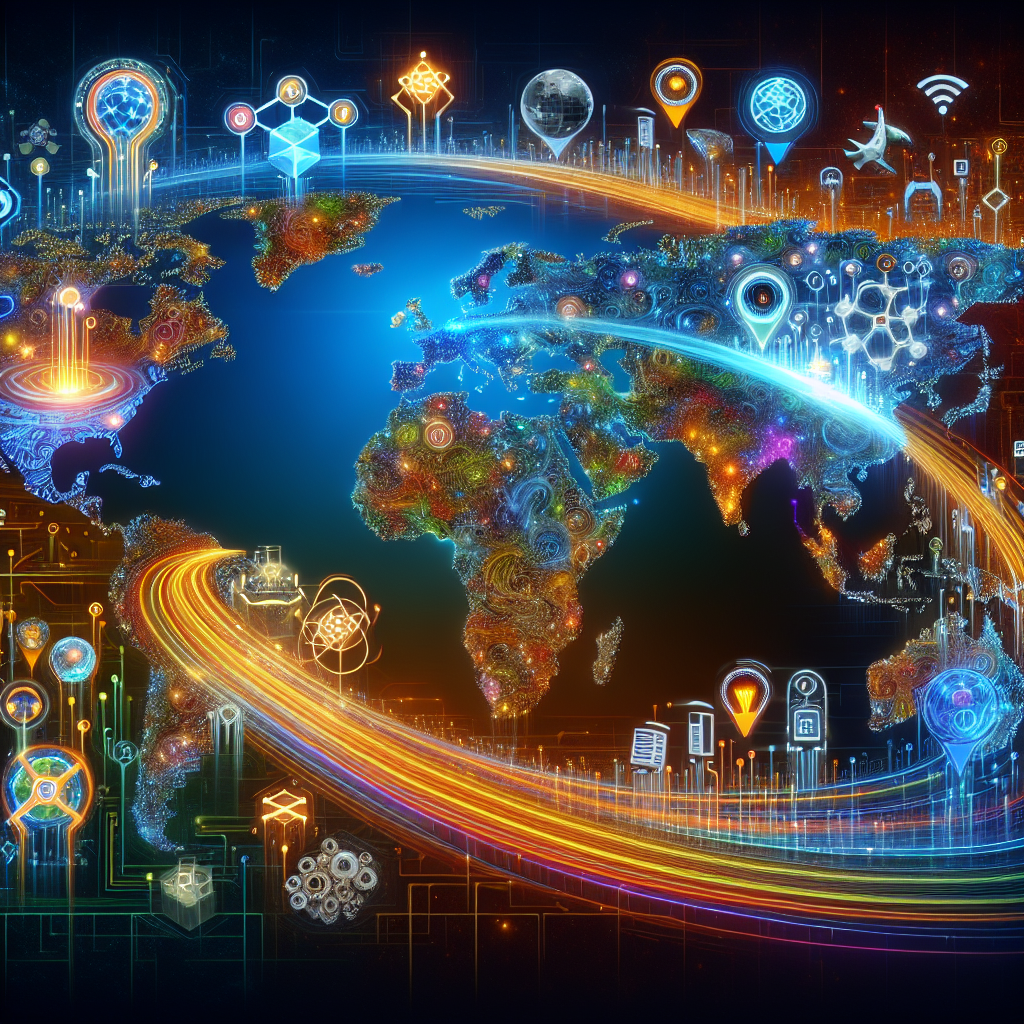The Race for AGI: How Countries and Companies are Competing in the AI Arms Race
Artificial General Intelligence (AGI) is the holy grail of artificial intelligence research. AGI refers to a machine intelligence that can perform any intellectual task that a human can do. While current AI systems are capable of performing specific tasks very well, such as image recognition or natural language processing, they lack the general intelligence and cognitive abilities of humans.
The race to develop AGI has become a major focus for countries and companies around the world. The potential benefits of AGI are immense, from revolutionizing industries and improving healthcare to enhancing national security and advancing scientific research. However, there are also significant risks associated with the development of AGI, including job displacement, ethical concerns, and the potential for misuse by malevolent actors.
In this article, we will explore the current state of the race for AGI, the key players involved, and the implications for society as a whole. We will also address some frequently asked questions about AGI and the ethical considerations that must be taken into account as we move closer to achieving this transformative technology.
The Current State of the Race for AGI
The race for AGI is being driven by a combination of technological advancements, economic incentives, and strategic interests. Countries around the world are investing heavily in AI research and development, with the goal of being the first to achieve AGI. Companies are also pouring resources into AI research, seeking to gain a competitive edge in the marketplace and unlock new opportunities for growth.
One of the key players in the race for AGI is China. The Chinese government has made AI a national priority, investing billions of dollars in AI research and development. Chinese companies such as Alibaba, Tencent, and Baidu are also leading the way in AI innovation, developing cutting-edge technologies in areas such as facial recognition, autonomous vehicles, and natural language processing.
The United States is another major player in the race for AGI. American companies such as Google, Microsoft, and Amazon are at the forefront of AI research, developing some of the most advanced AI systems in the world. The US government has also recognized the strategic importance of AI, with initiatives such as the National Artificial Intelligence Research and Development Strategic Plan and the creation of the National Artificial Intelligence Initiative Office.
Other countries, such as Russia, Japan, and South Korea, are also investing heavily in AI research and development, seeking to establish themselves as leaders in the field. The European Union has launched initiatives such as the European AI Strategy and the European AI Alliance to promote AI innovation and ensure that Europe remains competitive in the global AI race.
The Implications of AGI
The development of AGI has the potential to bring about profound changes in society. On the one hand, AGI could revolutionize industries such as healthcare, finance, and transportation, leading to increased efficiency, lower costs, and improved outcomes for individuals and businesses. AGI could also advance scientific research and discovery, helping to solve some of the world’s most pressing challenges, from climate change to disease prevention.
On the other hand, the rise of AGI could also have negative consequences. One of the biggest concerns is the potential for job displacement, as AI systems become increasingly capable of performing tasks that were previously done by humans. This could lead to widespread unemployment and economic instability, particularly for workers in low-skilled and routine jobs.
There are also ethical concerns surrounding the development of AGI. For example, there is the risk of AI systems being used for malicious purposes, such as autonomous weapons or surveillance technologies. There are also questions about the accountability and transparency of AI systems, as well as concerns about bias and discrimination in AI algorithms.
FAQs about AGI
Q: What is the difference between AGI and narrow AI?
A: AGI refers to a machine intelligence that can perform any intellectual task that a human can do, while narrow AI refers to AI systems that are designed to perform specific tasks very well, such as image recognition or natural language processing.
Q: When will AGI be achieved?
A: It is difficult to predict when AGI will be achieved, as it depends on a wide range of factors, including technological advancements, research breakthroughs, and funding levels. Some experts believe that AGI could be achieved within the next few decades, while others think it may take much longer.
Q: What are the risks of AGI?
A: The risks of AGI include job displacement, ethical concerns, misuse by malevolent actors, and the potential for unintended consequences. It is important to carefully consider these risks and take steps to mitigate them as we move closer to achieving AGI.
Q: How can we ensure that AGI is developed ethically?
A: Ensuring that AGI is developed ethically requires a multi-faceted approach, including robust regulations, transparency and accountability mechanisms, and the involvement of diverse stakeholders in the decision-making process. It is crucial that ethical considerations are given the highest priority as we continue to advance AI technology.
In conclusion, the race for AGI is heating up, with countries and companies around the world vying to be the first to achieve this transformative technology. While the potential benefits of AGI are immense, there are also significant risks and ethical considerations that must be taken into account. It is crucial that we approach the development of AGI with caution and foresight, ensuring that this powerful technology is used for the betterment of society as a whole.

